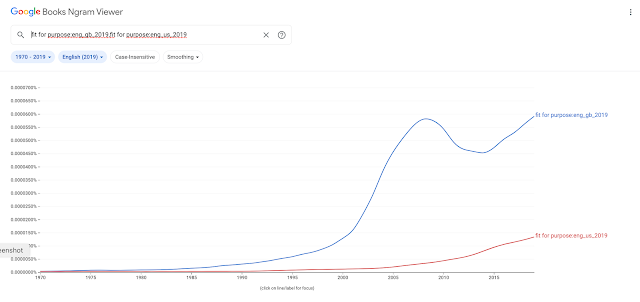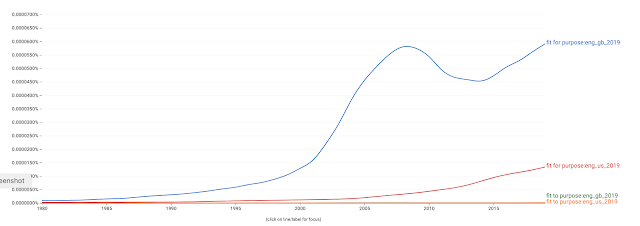For years, Ellen Jovin has carted a table, chair and reference books—first around New York City and later all across the United States—to volunteer herself as “The Grammar Table.” In doing so, she gives passers-by the opportunity to ask grammar questions, to vent about grammar (or other people’s grammar), and to learn more about English and other languages. She’s now written a book based on her Grammar Table adventures: Rebel with a Clause. I got to read it pre-publication, and this was my review:
Those who learn grammatical rules are doomed to repeat them. And, boy, do they repeat them—tirelessly, senselessly, bringing us to the point where much of the English-speaking world thinks grammar is boring or difficult or scary. Ellen Jovin is on a mission to rescue us from that joyless fate. Her generosity and curiosity about language is second only to her generosity and curiosity with the people who approach her for grammatical advice. We could all stand to be a bit more Ellen Jovin.
The publishers have kindly sent me an extra copy of the book to share with my readers—though I must say, it’s me who’s paying for the postage, so I’m going to concentrate my sharing efforts on my UK readers. The American readers at least have the excitement of knowing that they may run into Ellen’s Grammar Table in their public square or strip mall when she sets up her stall there. (Rest-of-World readers: Sorry!)
To make giving away a book more interesting, I’m going to give it to someone who comments on this blog post with a question for Ellen, and (here’s the exciting part!) you are going to get the Grammar Table experience, because Ellen is going to respond to the questions that show up before the contest deadline.*
So, to enter the competition:
- Comment on the blog with a question for Ellen by [AmE format] October 2, 2022.
- Sign your message with a name that will identify you (it need not be your full name) and let us know that you’re in the UK. (You can comment without being in the UK, but you can’t have the copy of the book.)
- Click the ‘Notify Me’ box, so that you’ll see the response to your question AND learn whether you’ve won. If you don't see such a box, there are other ways to be notified...see the comments.
After the [non-AmE format] 2 October deadline, I will put the names of the eligible commenters into a real or virtual hat and draw a winner, then announce that winner in a blog comment, with details on how to email me to claim the prize. I will send the book out to them soon after.
*Normal commenting etiquette applies. I reserve the right to delete any comments that I find rude or abusive. Any commenter will only be entered into the contest ONCE.
AND THE WINNER IS....GRHM!!!
I'm closing down the comments now to give Ellen a break.
Thank you so much to Ellen for her generosity in answering the questions, and to everyone who asked a question!













